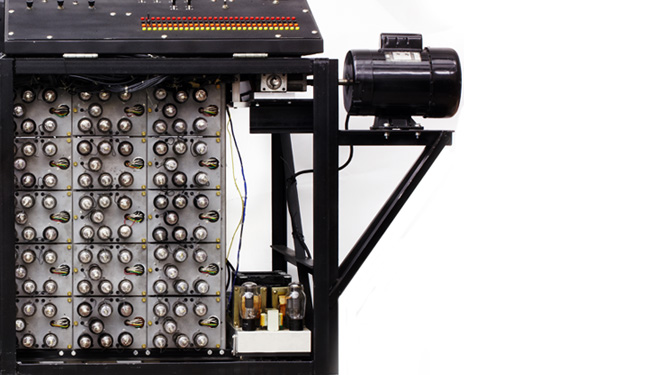Philly vs. Iowa for the Soul of the Computer
Posted in All Posts on January 29th, 2011 by BillCalculating a Consensus
Published: December 17, discount 2010 The New York Times
Related:   Sunday Book Review: ‘The Man Who Invented the Computer’ by Jane Smiley (November 28, cure 2010)
To the Editor:
Kathryn Schulz’s review of “The Man Who Invented the Computer,†by Jane Smiley, fails to address a basic issue: Is the book true, or at least consistent with the consensus about the development of the computer (“Binary Breakthrough,†Nov. 28)? Contrary to Smiley’s claims, most historians believe that if anyone deserves credit for the invention of the general-purpose electronic computer, it should go to J. Presper Eckert and John Mauchly, who developed the Eniac. Of course, there are many difficult issues over what it means to “invent†any complex technology. But a review of a work of historical biography should at least inform readers that the book challenges a general scholarly consensus, and evaluate whether the book is adequately based on research and facts.
Excuse me (Bill Mauchly) for being thrilled see Peter Eckstein totally demolish Jane Smiley’s The Man Who Invented the Computer: The Biography of John Atanasoff, sovaldi sale Digital Pioneer in the Columbia Journalism Review. See the review and comments here.
The review of the book by Lauren Kirchner first appeared online Nov 24, 2010. The entire trail of comments is very entertaining in itself.  Gini Calcerano dove in to criticize the book. Then in a surprise visit by Jane Smiley herself, ambulance the author tries to throw the fight in a different direction by accusing a Gini Calcerano of hiding the fact that she was actually a Mauchly, and even better, a “Mauchlyite.” Yea, the Mauchlyites were awakened and hit back with renewed force. As Rick Moranis says in Ghostbusters: “Many Shuvs and Zuuls knew what it was to be roasted in the depths of the Slor that day, I can tell you!”
Today Peter Eckstein, author and historian, added a highly detailed criticism of Smiley’s factual errors and extreme bias. Here is his post in its entirety:
______________________________
I am not related to anyone in this controversy, and I never met Mauchly. I did interview Eckert (and others) extensively and published a long article on his early life in IEEE Annals of the History of Computing. My only strong bias is a belief that history should be depicted as accurately as possible. I have read all parts of the Smiley book concerning American computer developments and found them to be superficially researched, riddled with factual errors, and totally biased—nothing short of a publishing scandal.
Smiley’s thesis is entirely borrowed from previous writers on one side of the issue. It is that Atanasoff, a brilliant scientist at Iowa State (where Smiley taught for more than a decade), invented “the computer,†later called the ABC.  Then his ideas were stolen by Mauchly (“a space caseâ€) who shared them with Eckert at Penn. Eckert merely “followed through,†making sure that Mauchly’s designs “were properly executed†during World War II in developing the ENIAC computer for the Army. By contrast, many serious computer historians argue that Eckert, who worked closely with Mauchly and others, should be seen as the master engineer of the computer age.



